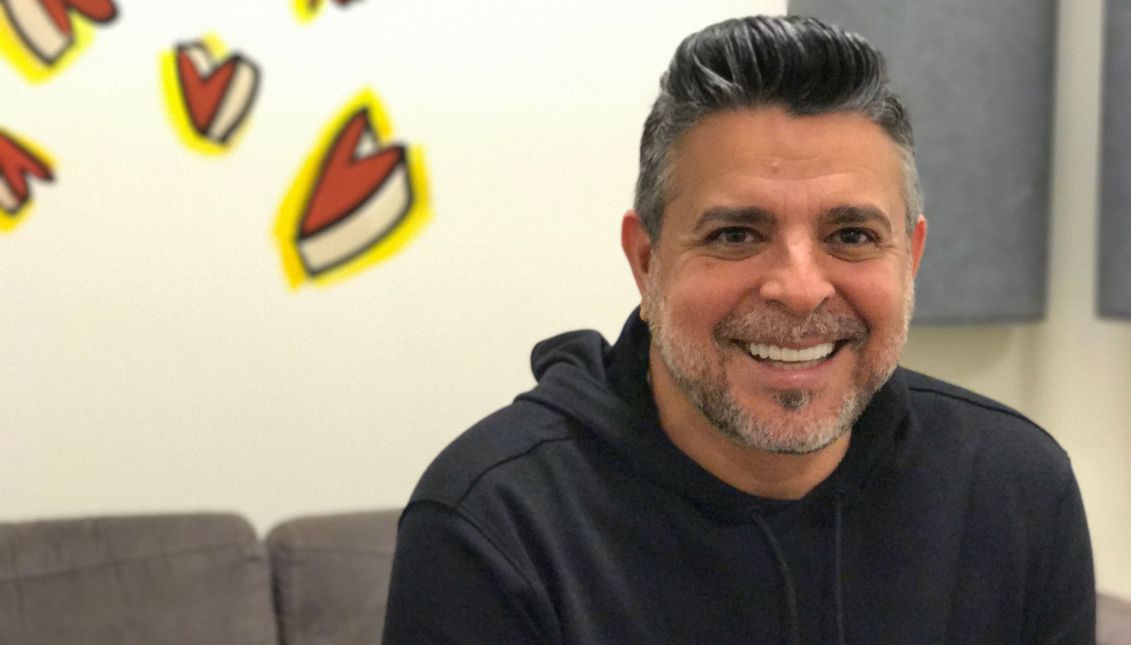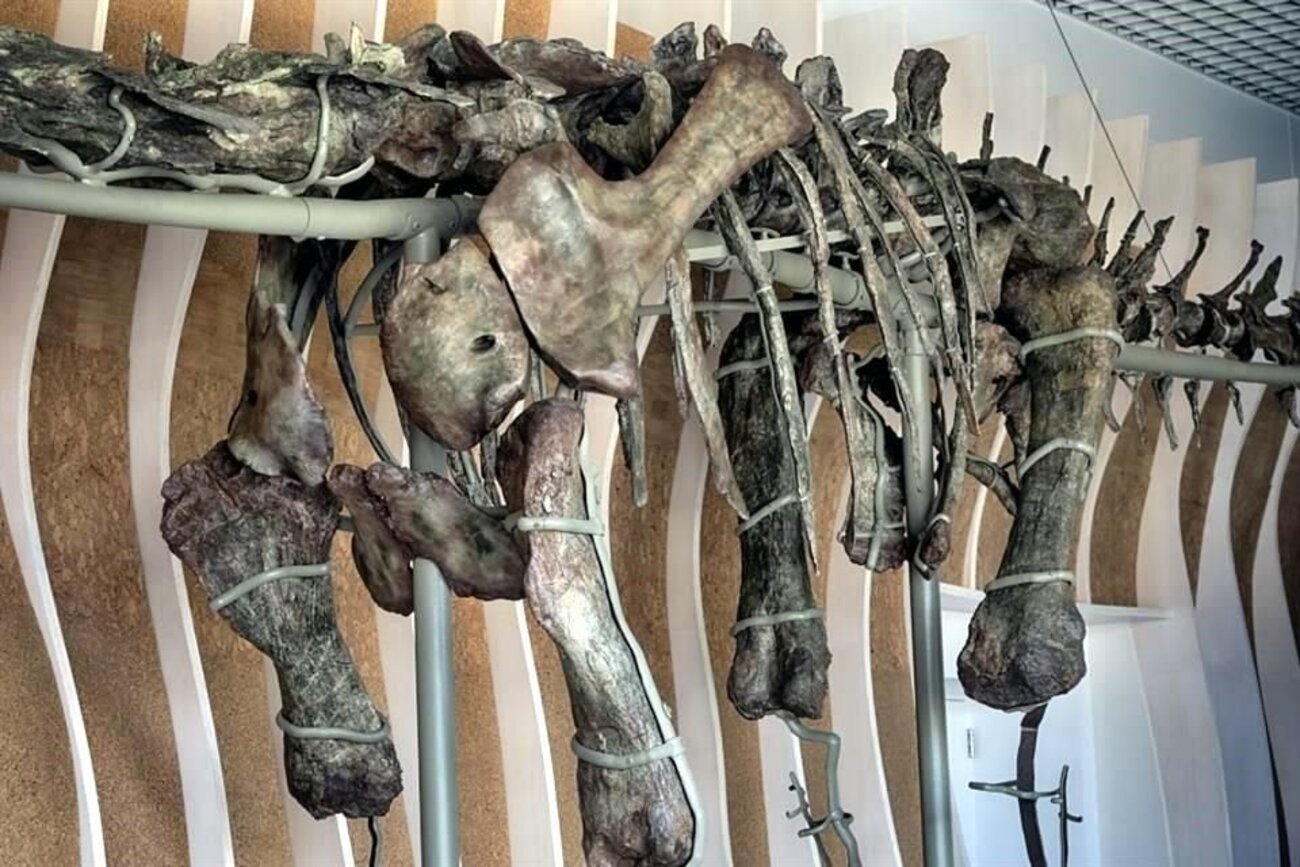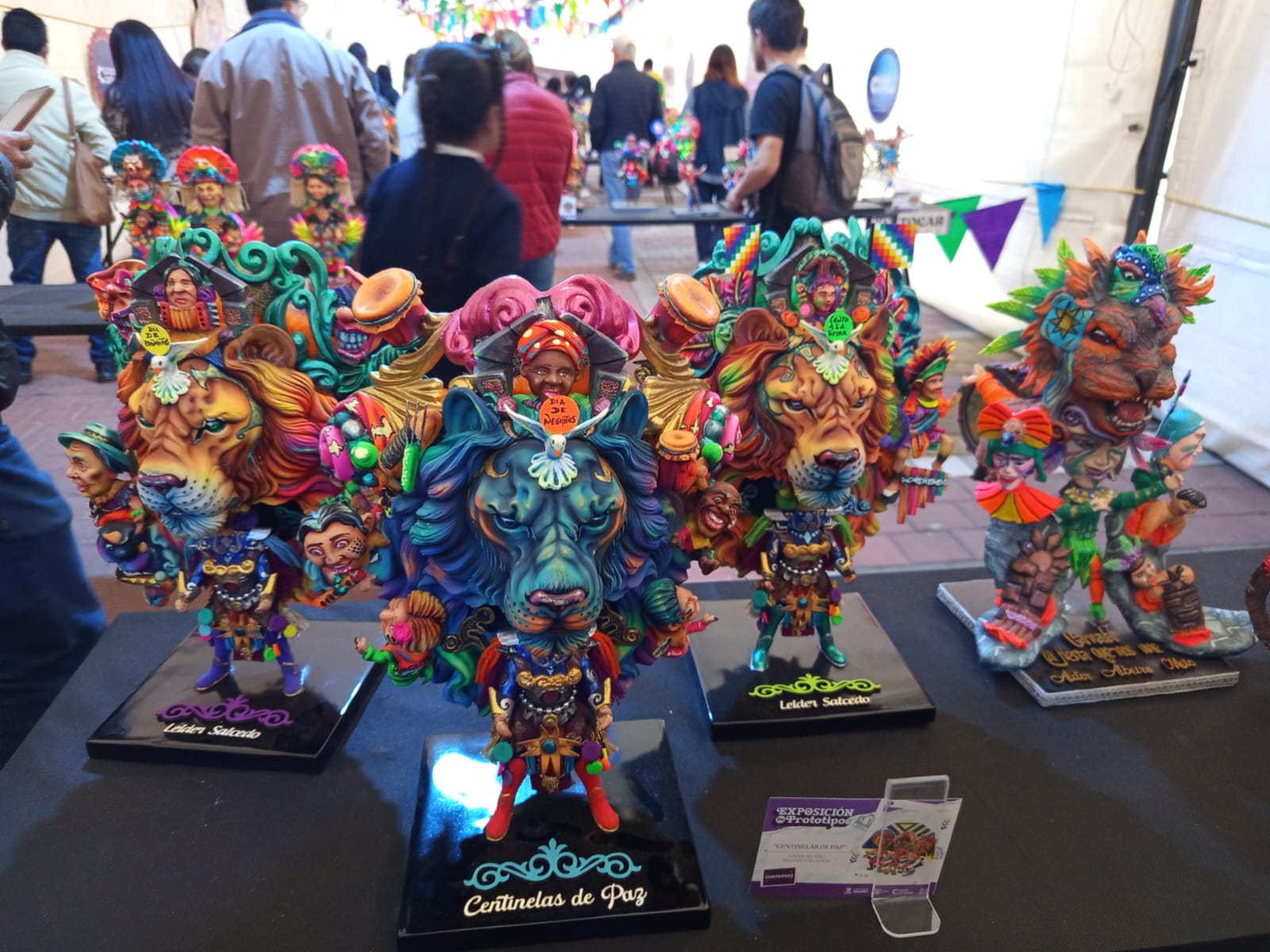
Singer Luis Enrique seeks to inspire immigrants with his autobiography
Nicaraguan singer-songwriter Luis Enrique has a deep desire to inspire undocumented immigrants going through hard times full of fear - as he did for years after arriving in the United States as a boy - and he specifically wants to do it with his autobiography that goes on sale next September.
"I wanted to tell my story because I believe that in some way, I hope, I can help someone," the artist, 54, told EFE during an interview in Miami, where he is rehearsing a concert with Cuban salsa star Isaac Gonzalez.
The singer of "Yo No Se Mañana" said the book, simply titled "Autobiografia" like the song he recorded in 2009, includes previously unknown anecdotes and in which he said he made an effort to be true to himself and not keep silent about his suffering and his fears.
It's not his nature to do a lot of explaining about himself, but it's evident his decision came about from a need to stand up and speak out against the prejudice in the United States and elsewhere in the world these days toward immigrants.
"I think you talk about things when you're ready to do so," Luis Enrique said. "I've never marketed my personal life or used it to get coverage in the media or win just a little more fame," he said.
"I had to be sure I wanted t tell my story and why I wanted to tell my story," he said. "That's why I was strong enough to delve so deep into myself, from childhood to the most recent days of my life."
Like his song, his book goes from his first years in Somoto, a town north of Managua, and explores his experiences in California as an undocumented immigrant who spoke no English, and how he went on to become a famous artist.
"It will be an empowering book for many who follow me on Facebook," he said about his fans and specifically the undocumented, including those "who have already had children in this country."
The artist said he was "indignant" about the tendency of certain Americans, the ones he called "ignorant" and "simplistic," to blame the country's problems on the undocumented, which he called an "insult."
For the Prince of Salsa, a nickname he earned in the late 1980s when he was one of the top artists of the romantic salsa movement, the idea is to show that anyone with a dream and who longs to be creative and works hard can get ahead.
In his case, his dream is to continue being able to live making music. He feels proud of all his songs, though he admits that it's always his latest number he's the craziest about. Right now that would be "Cuando Se Juega con Fuego," composed by Cuban singer-songwriter Amaury Gutierrez.










DEJE UN COMENTARIO:
¡Únete a la discusión! Deja un comentario.